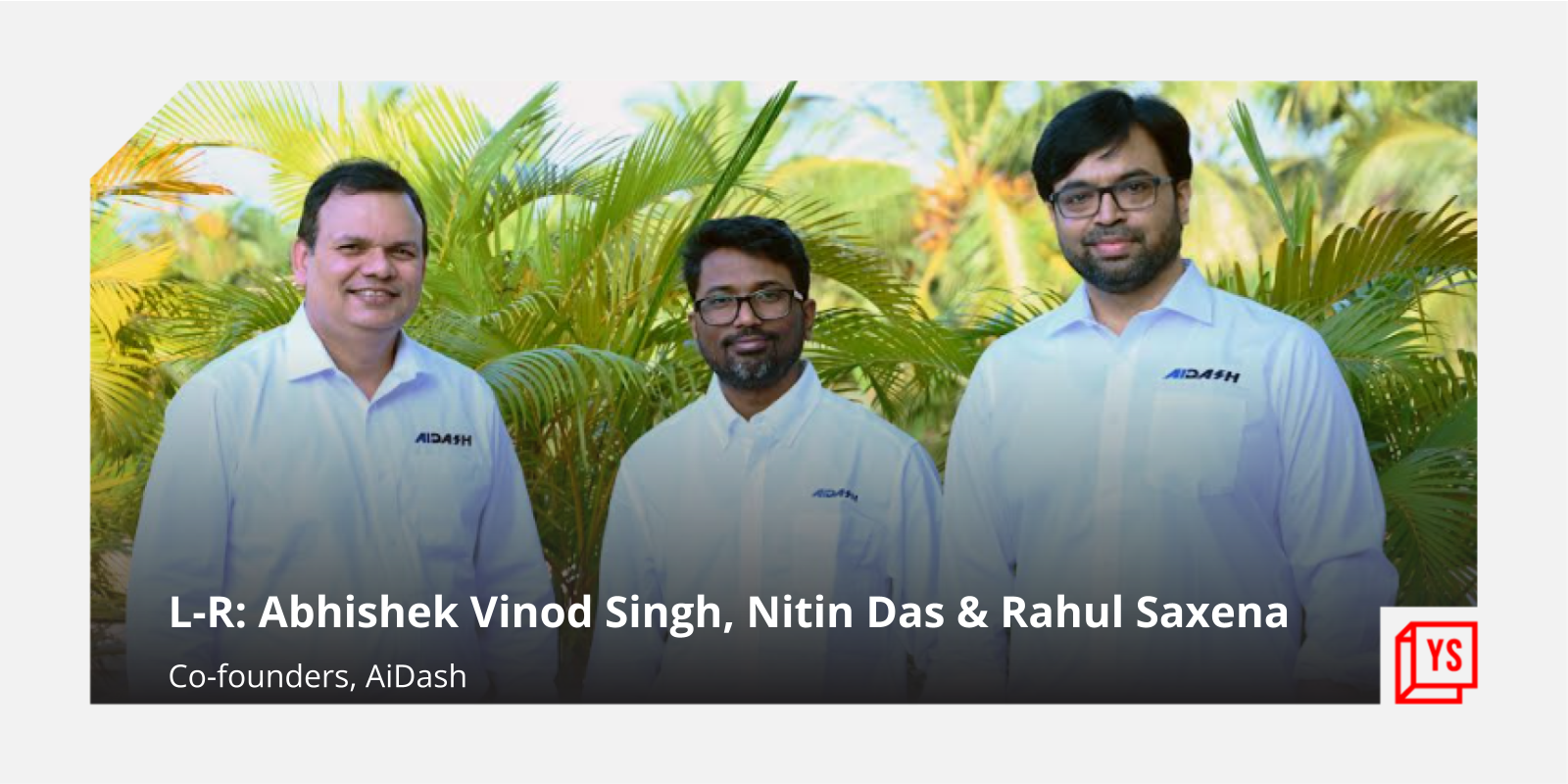Why unconventional and young brands are riding the affiliate marketing wave
Affiliate marketing – or performance-based marketing, as many often call it – has always been a channel employed by big brands. What’s interesting however is that over the past few years several newer, and often unconventional, brands have started banking on this channel.
Tectonic shifts in e-commerce and digital marketing prompted me to share an insider’s perspective on this trend. Partnering with affiliates like bloggers, content marketers, online publishers, or influencers has become a rather strenuous affair. This is perhaps a key factor driving this new wave of affiliate adoption.

Affiliate marketing in India
The growth of internet penetration and increased adoption of online shopping has been driving the growth of affiliate marketing in India. Today, the channel accounts for 15-20 percent of total online sales, and this number is only expected to grow. Studies in this domain indicate that the affiliate marketing industry in India is expected to touch $835 million by just 2025!
India’s booming startup culture has also had a role in spurring this immense growth in affiliate marketing. A large number of these startups want to make the most of their marketing budgets.
Unconventional and young brands today are taking cognizance of the facts and trends pertaining to the hidden value of affiliate marketing and leveraging it to maximize ROI.
Affiliate marketing and young brands – what is working here?
Reports have indicated that about 5.5 percent of sales were initiated and closed by affiliates. Also, 8.8 percent of all sales happened via affiliates on a first-click basis. This indicates a strong value from the affiliate marketing channel right from the beginning of the customer journey. In fact, unconventional sites like Indian Health Organization (IHO), Magzter, Nutraj, Toffee Insurance, Cashify, Zoomcar, etc. have all adopted affiliate marketing. Let’s explore in detail the benefit this is reaping for the brands to get attracted towards affiliate marketing.
Low risk
Well, the modern-day consumer has a wide range of choices when it comes to online shopping. In the face of such stiff competition, coupled with the need to deliver sizable returns for the investor’s money, affiliate marketing has become a more trustworthy and low-risk sales channel.
Works best with limited budgets
Commissions are given out only when sales are achieved or leads are generated, and the visibility provided is virtually free-of-cost. Young brands, especially startups, have limited resources and lower advertising budgets. Affiliate marketing, which usually works on a performance-based model, has proved to be a low-risk marketing strategy.
Incurs lower cost of acquiring customers
Smart marketers are also accounting for the drop in customer acquisition costs that affiliate marketing enables. Brands are acquiring sales at 70-75 percent lesser with affiliate marketing when compared to the cost of other channels.
Puts an effort in educating the customer about the brand/retailer
The one longer-term benefit of affiliate marketing, however, has to be the education it drives. Affiliates not only educate users on their site but also use videos, infographics, ad campaigns, dedicated blogs, etc. to drive education about the product or service offered by the retailer.
Markets the brand across all social media channels
Brands today are more focused on enhancing customer engagement. Many marketers today are taking cognizance of the presence and ability of social media in engaging customers and other promotional activities. In fact, a 2016 social media marketing report states that Facebook is used by 93 percent of marketers while Twitter is employed by 76 percent of marketers. In this scenario, affiliate links help them generate the desired outcome if the link is clicked. Newer platforms such as WhatsApp, Instagram, and YouTube are also leveraged to attract new customers to the brands.
While each passing day brings more to the affiliate marketing table, it has become more than just a tool to drive consumers to a purchase point. Affiliate marketing is evolving into a consumer discovery channel that results not only in brand engagement but also steep sales with captivating ROI. With newer trends gaining momentum, affiliate marketing is definitely here to stay, with a seemingly beneficial and profitable future for quite a few newer, and often unconventional, retailers.
Swati Bhargava is the Co-founder of CashKaro.com, India’s largest cashback and coupons site.
(Disclaimer: The views and opinions expressed in this article are those of the author and do not necessarily reflect the views of YourStory.)











